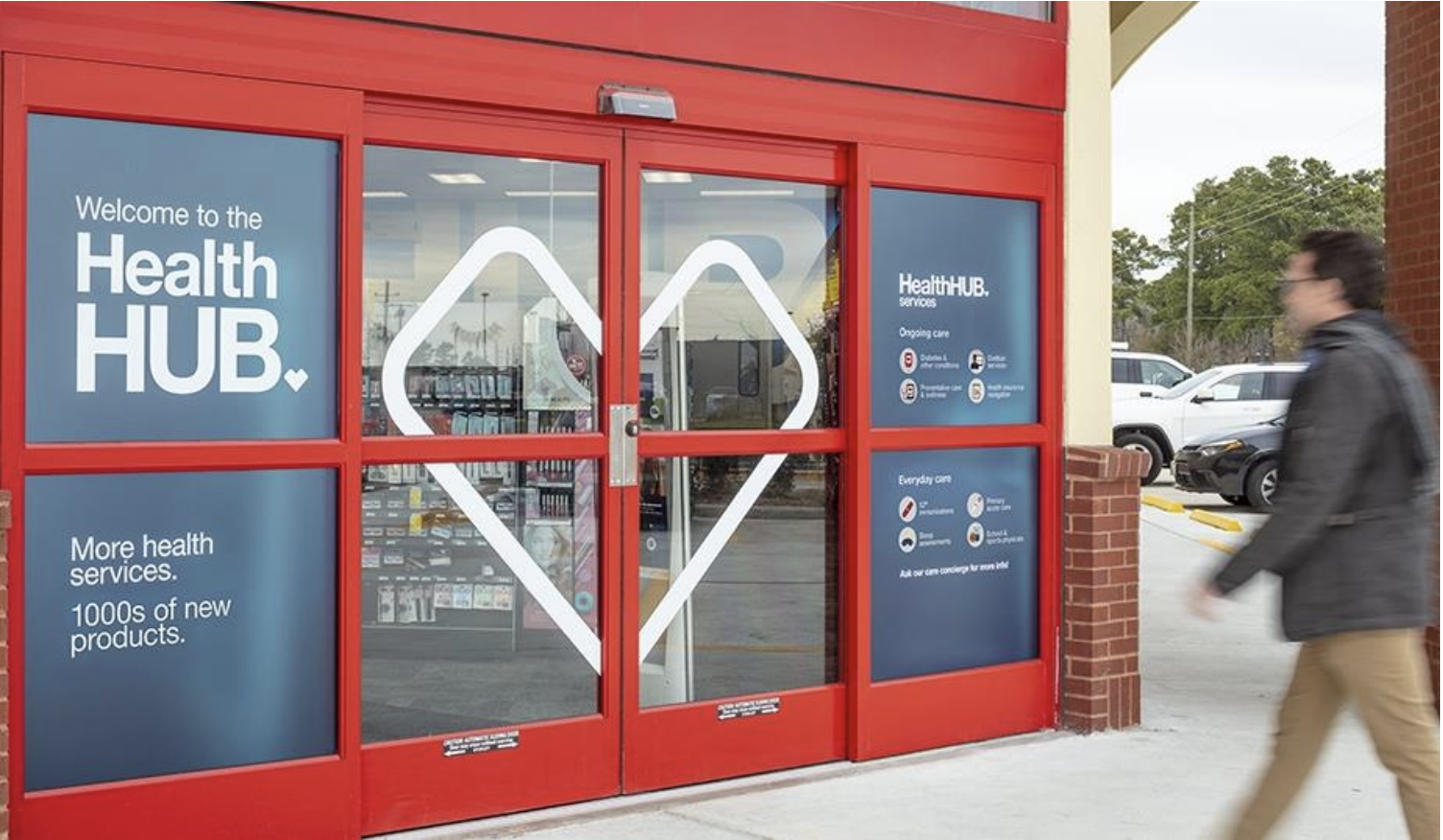
Aetna President Karen Lynch will replace CVS CEO Larry Merlo as head of the company next spring. Merlo announced his plans to retire from the company in May, with Lynch becoming CEO in February.
“I am incredibly proud to have had the opportunity to lead CVS Health over the past decade as we pursue our important purpose to help people on their path to better health,” Merlo said in a news release. “Karen has been a key partner to me in our foundational work over the last two years, and her experience and vision will be critical in driving forward CVS Health’s journey of enhancing value for our customers as the nation’s leading health care company for years to come.”

Behavioral Health, Interoperability and eConsent: Meeting the Demands of CMS Final Rule Compliance
In a webinar on April 16 at 1pm ET, Aneesh Chopra will moderate a discussion with executives from DocuSign, Velatura, and behavioral health providers on eConsent, health information exchange and compliance with the CMS Final Rule on interoperability.
Merlo has worked for CVS for 40 years, leading the company’s move to stop selling tobacco products in its stores, and more recently, its $69 billion acquisition of Aetna. The two healthcare giants have begun to integrate their businesses, with Aetna piloting a new health plan earlier this year built around CVS’ pharmacies and retail clinics.
Lynch, who has worked for Aetna for eight years, helped develop that plan. She also had an instrumental role in CVS’ HealthHUB strategy, which involved redesigning several of its stores to have more space dedicated to health services, including exam rooms and a phlebotomy lab. The company has seen more visits associated with services for chronic conditions at these locations.
During her tenure, the company has seen its Medicare Advantage membership grow significantly. It increased 30% last year.
In the most recent quarter, the company saw a slight increase in its overall membership. While its commercial membership fell 8%, its Medicare Advantage membership increased 17%.

A Deep-dive Into Specialty Pharma
A specialty drug is a class of prescription medications used to treat complex, chronic or rare medical conditions. Although this classification was originally intended to define the treatment of rare, also termed “orphan” diseases, affecting fewer than 200,000 people in the US, more recently, specialty drugs have emerged as the cornerstone of treatment for chronic and complex diseases such as cancer, autoimmune conditions, diabetes, hepatitis C, and HIV/AIDS.
Lynch will become CVS’ next president and CEO starting in February. She will also join its board of directors. Merlo will continue to serve on the company’s board of directors and as a strategic advisor until his retirement in May.
“I am deeply honored to have the opportunity to succeed Larry and lead CVS Health on the next phase of our important journey to meet America’s health care needs,” she said in a news release. “Never before has our purpose been more critical than during these unprecedented times.”
Board Chair David Dorman said the transition had been in the works after Merlo shared his plans to retire. CVS evaluated both internal and external candidates before selecting Lynch as his successor.
“Karen is a seasoned health care expert who knows our business,” he said in a news release. “Our board of directors believes that Karen is the right leader to guide CVS Health into its next era of growth as the company continues its transformation.”
Two years after their merger, CVS and Aetna still have some work to do to integrate. Earlier this year, the company shuffled some of its top leadership after Pharmacy President Kevin Hourican and CVS Caremark President Derica Rice left. The company reported $57 million in integration costs in the third quarter of 2020.
In total, CVS reported revenues of $67.1 billion in the third quarter, a slight increase from the same quarter last year. The company’s net income of $1.22 billion was down 20% compared to 2019, attributed to an early write-off of debt.
Photo credit: CVS












